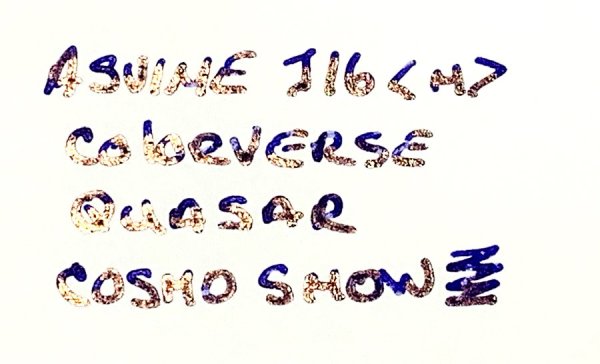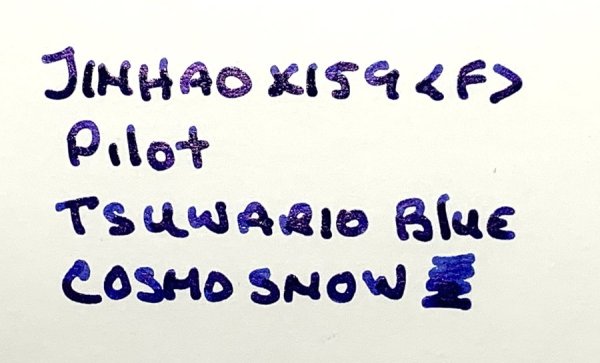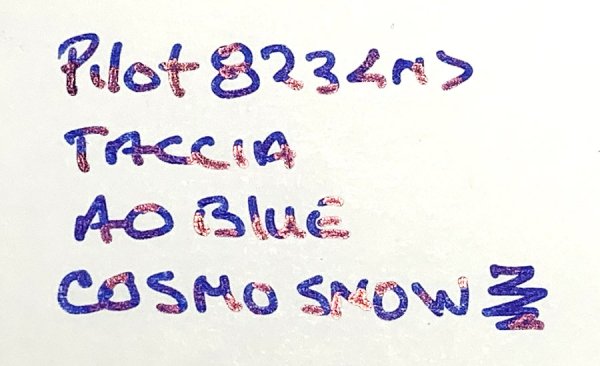Literary Descriptions Of Handwriting
-
Forum Statistics
357.5k
Total Topics4.7m
Total Posts -
Member Statistics
130,113
Total Members18,857
Most OnlineNewest Member
Jamesalala
Joined -
Images
-
Albums
-
Assorted pens
- By A Smug Dill,
- 0
- 14
-
USG 23
- By USG,
- 0
- 0
- 49
-
My photos
- By lamarax,
- 0
- 0
- 48
-
Andrew Lensky Arts II
- By Andrew_L,
- 0
- 0
- 5
-
Paper products
- By A Smug Dill,
- 3
- 55
-

withMnibwritingsample.jpg.5462c8a1430a1c80ea558feb92f75e85.jpg)









withMnibwritingsample.jpg.76d9dc452f053cefbd3a4bbf65e8f564.jpg)





.thumb.jpg.f07fa8de82f3c2bce9737ae64fbca314.jpg)









Recommended Posts
Create an account or sign in to comment
You need to be a member in order to leave a comment
Create an account
Sign up for a new account in our community. It's easy!
Register a new accountSign in
Already have an account? Sign in here.
Sign In Now